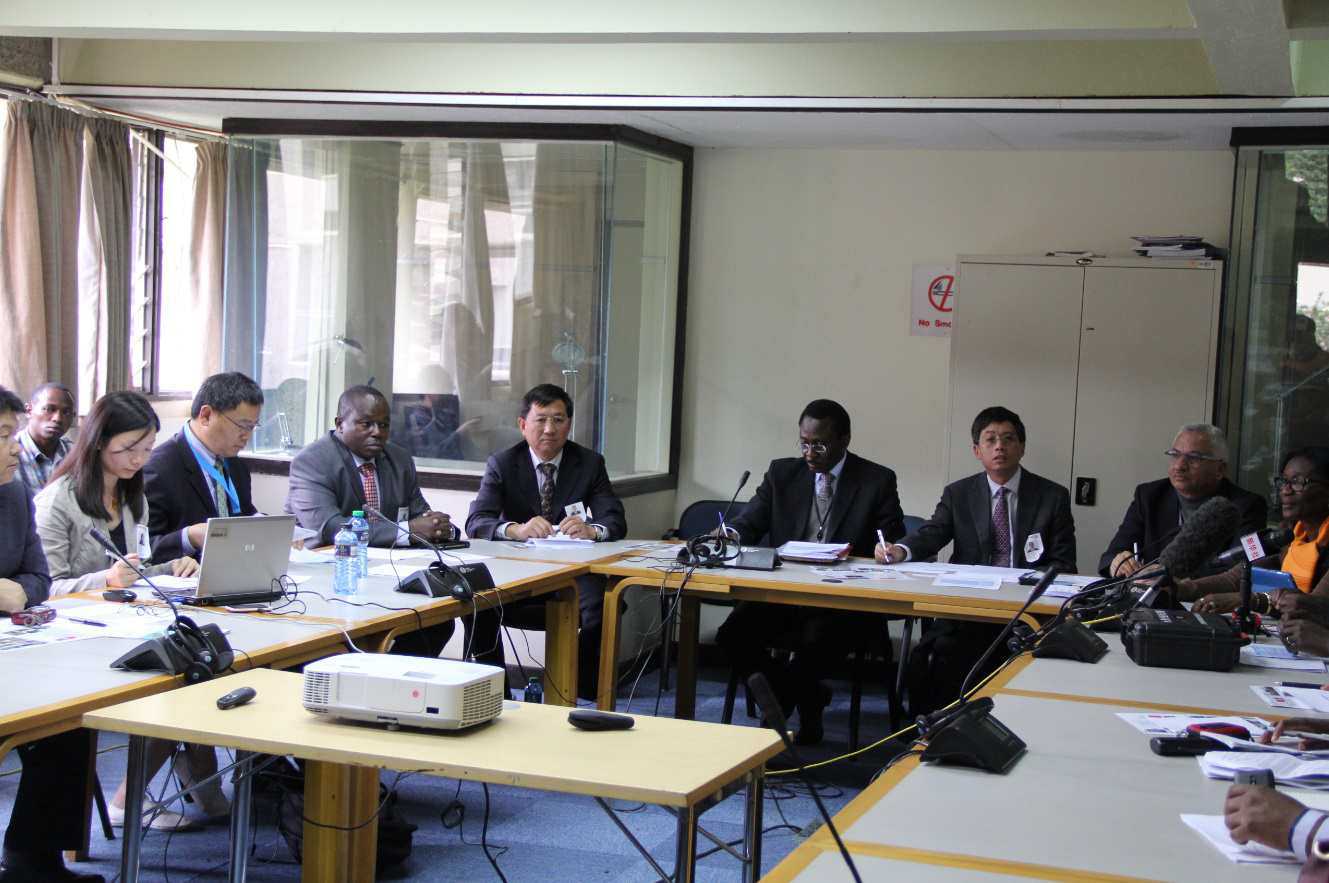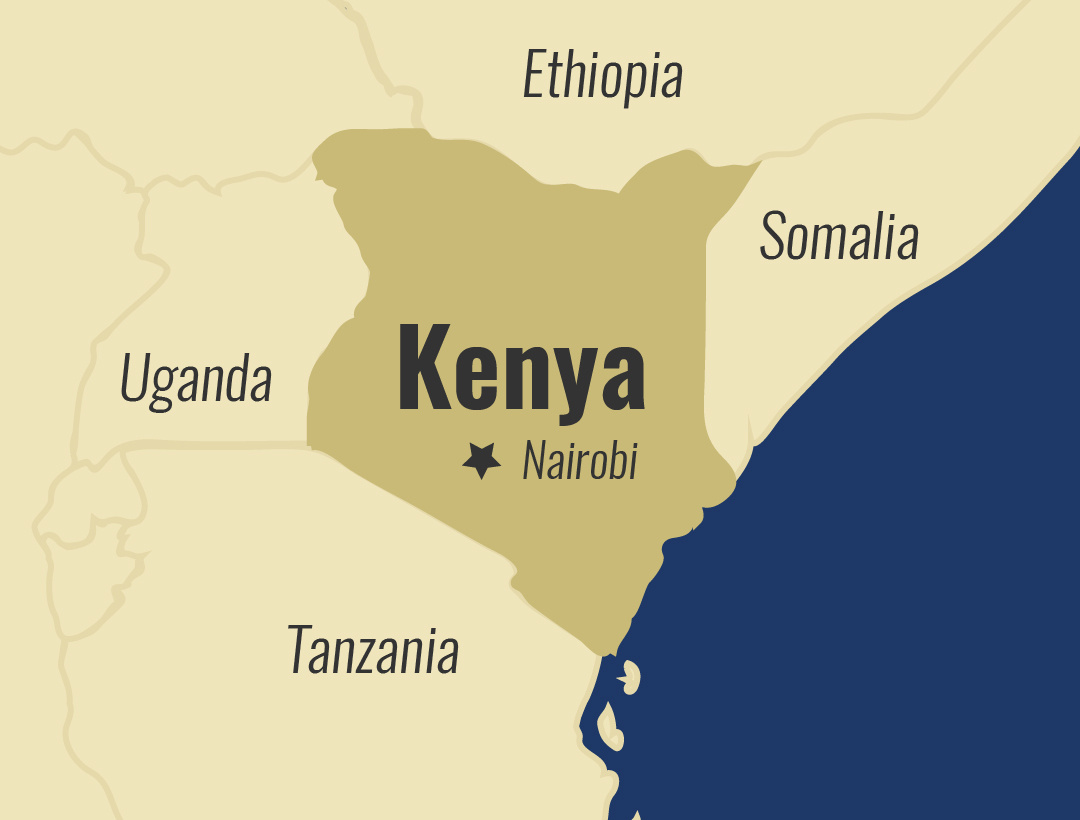
Botswana’s President Eyes Jobs in New ‘Marriage’ With De Beers
Botswana’s president, Mokgweetsi Masisi, wants a new long-term diamond-sales pact with De Beers when the current 10-year deal expires in 2020 and for more gems to be processed locally.

The conclusion of an accord is crucial for both Botswana, which relies on diamonds for almost a fifth of its gross domestic product, and for the Anglo American Plc unit that gets about two-thirds of its gems from the southern African nation. Masisi, who is due to contest elections next year, is pushing for the industry to create more jobs and is “dead determined” that more diamonds be cut and polished in the country.
“We have had a wonderful relationship with De Beers and we expect that relationship to be even more cemented,” Masisi said in an interview Monday in his office in Gaborone. “There is a way of actually achieving a win-win for both, and that’s what we desire.”

Botswana is the world’s biggest diamond producer after Russia, and most of its gems are mined by Debswana, a 50-50 joint venture between the government and De Beers. Anglo American owns 85 percent of De Beers, with Botswana’s government holding the balance. De Beers sells diamonds at invitation-only sights held 10 times a year at its offices in Botswana. The company sets the prices and its handpicked customers, known as sightholders, are not able to negotiate.
Diamonds were discovered in Botswana in 1967, the year after it gained independence from Britain. Revenue earned from gem sales transformed the nation from an undeveloped farming community into one of the continent’s wealthiest societies, and was used to pave thousands of miles of dirt roads and build schools and clinics in every town.

Last month, Debswana gave notice of plans to deepen its Jwaneng mine to 830 meters (2,700 feet), a project that will extend the mine’s life by 11 years, to 2035, and allow the extraction of a further 50 million carats. Jwaneng, which started full operations in 1982, produces the most diamonds of any mine by value and is currently 650 meters deep.
Such large-scale, capital-intensive projects illustrated the need for Botswana and De Beers to have a long-term relationship, Masisi said.
“The returns are only going to be realized in the period of the next deal,” he said. “This is a marriage we are after.”




